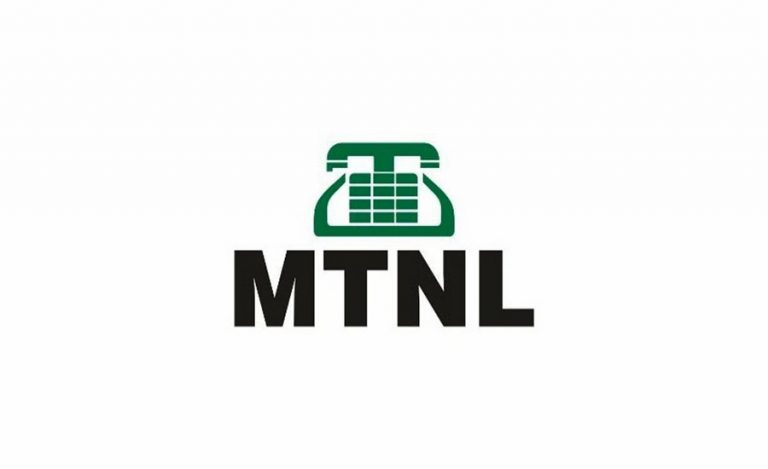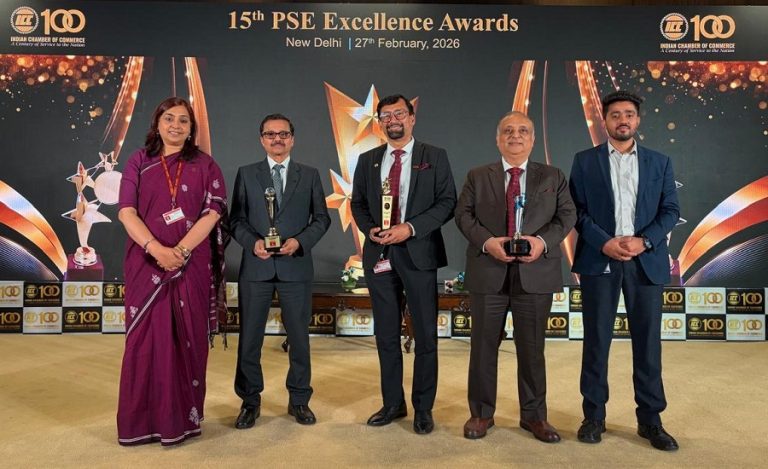New Delhi: The Supreme Court has declined to interfere in the ongoing Telangana Group-I examination controversy, refusing to entertain petitions against the High Court’s suspension of a re-evaluation order.
A bench comprising Justices Surya Kant and Joymalya Bagchi delivered the verdict on October 10, 2025, bringing temporary clarity to the protracted legal battle surrounding the Telangana Public Service Commission’s (TSPSC) recruitment process.
The apex court was dealing with challenges to a Division Bench order that suspended a Single Judge’s direction for re-evaluating answer sheets or conducting a fresh Group-I mains examination.
TSPSC Recruitment 2025: Appointments to Continue With Caveat
While refusing to entertain the petitions, the Supreme Court laid down critical conditions. The bench clarified that appointments made during the pendency of proceedings would remain “subject to the outcome” of the High Court’s final decision.
The court emphasized that no equitable rights would accrue in favor of the appointees. Both parties agreed to extend full cooperation to the High Court’s Division Bench for early disposal of intra-court appeals. The Supreme Court specifically requested the High Court to prioritize and decide the matter at the earliest.
Background: Single Judge Orders Re-Evaluation
The controversy stems from the Final Marks List released on March 10, 2025, and the General Ranking List dated March 30, 2025, for the Group-I examination conducted under the TSPSC Recruitment 2025 advertisement dated February 19, 2024.
A Single Judge of the Telangana High Court had noted “mass irregularities, bias, and non-transparency” in the evaluation process. The judge set aside both the final marks list and general ranking list.
The Single Bench directed either re-evaluation of answer scripts with appropriate moderation or conducting a fresh mains examination as an alternative.
TSPSC Recruitment 2025: Division Bench Suspends Re-evaluation Order
Selected candidates and the TSPSC challenged the Single Judge’s order before a Division Bench.
The Division Bench observed that issues raised before the Single Judge—including issuance of two hall tickets, additional correction centers, and facilities-related complaints—did not violate any law or rule.
Unsuccessful candidates had argued that the Commission released multiple notifications mid-process, changing the rules while the game was being played.
They alleged deliberate manipulation to favor certain candidates.
Candidates also complained that answer sheets were either not corrected properly or not corrected at all.
They highlighted that despite the exam being conducted in multiple vernacular languages, only one answer key was used, disadvantaged Telugu medium students.
State’s Defense: Transparent Process
The Telangana government countered these allegations by asserting that every aspect of the correction process was in the public domain.
The State submitted that an answer key was provided and language experts were specifically called to correct answer scripts in vernacular languages.
Officials emphasized that since this was the first TSPSC Recruitment 2025 conducted after Telangana’s formation as a separate state, the Commission took utmost care to ensure zero infirmity.
Division Bench: Order Based on Presumptions
After examining arguments from both sides, the Division Bench concluded that the Single Judge’s order was based on “inferences and presumptions” rather than concrete evidence.
The Division Bench suspended the Single Judge’s order, allowing the recruitment process to continue while the appeals remained pending.
Supreme Court’s Balanced Approach
The Supreme Court’s October 10 decision reflects a balanced judicial approach to the sensitive recruitment matter.
By refusing to interfere at this stage but keeping appointments subject to the final outcome, the apex court has maintained the sanctity of the judicial process while preventing immediate disruption to selected candidates’ lives.
The court’s direction for expedited disposal indicates recognition of the urgency and importance of resolving civil services recruitment matters quickly.
What This Means for Candidates
For candidates who have been selected based on the March 2025 results, the Supreme Court’s order provides temporary relief.
Their appointments can proceed, but they remain vulnerable to the final High Court decision.
For candidates who challenged the results alleging irregularities, the Supreme Court’s decision means they must await the High Court’s final verdict on their appeals.
The case underscores the complex challenges in conducting large-scale competitive examinations and the scrutiny recruitment processes face in today’s transparent governance environment.
TSPSC Recruitment 2025: The Road Ahead
The matter now returns to the Telangana High Court’s Division Bench, which must expeditiously decide the intra-court appeals.
The High Court’s final decision will determine whether the March 2025 results stand or whether re-evaluation or a fresh examination becomes necessary.
With thousands of aspirants’ futures hanging in the balance, all eyes are now on the Telangana High Court’s Division Bench to deliver a final verdict that balances transparency, fairness, and timely completion of the recruitment process.
Case Title: Chinthalapati Upender and Anr. v. Telangana Public Service Commission and Ors., SLP(C) No. 27931/2025






























